The Power of Drama
Speech and Drama is a powerful way for children to learn the building blocks of effective communication. Speech and Drama enables children to develop self-confidence, a creative imagination, empathy and interpersonal skills.

Self Confidence
Fear of public speaking and anxiety at being the center of attention is common among many adults, especially those who did not have opportunities when young that challenged these natural fears. Speech and Drama helps children to express themselves in a safe environment without feeling judged.
This boosts their confidence and encourages them to think creatively, take risks, experiment with new strategies and engage actively with peers. Children benefit greatly from being given an opportunity to work in groups. In an atmosphere that is conducive for exploration and collaboration, children thrive, overcoming their fear (if any) of being in the public eye.
Creative Imagination
“Imagination is more important than knowledge.” Albert Einstein
Imagination enables children to picture a whole world of possibilities. It fosters their ability to take onboard many points of view, allowing them to travel into the past and the future. As children engage in drama activities and allow their imagination to lead them in their creative problem solving, they feel inspired to imagine the impossible. We know that the creative power of imagination has a pivotal role in the achievement of success in any field.

Empathy
Empathy – the ability to identify with the feelings of others – is one of the most important 21st-century skills our children can possess. Whilst learning to integrate others’ perspectives with their own, they develop deeper connections, hone their leadership skills and collaborate with a greater sense of self-awareness. In a Speech and Drama class, children are invited to understand the characters and situations they encounter through their exploration of a rich variety of literature. Carefully facilitated role-play and dramatisation activities hone children’s ability to develop empathy and tolerance. And through practice, encourage them to display it in imagined and real scenarios.

Interpersonal Skills
One of the greatest assets we can develop in our children is strong interpersonal skills, enabling them to effectively communicate with people from all walks of life. Interpersonal skills include verbal and non-verbal communication, active listening, positive teamwork and conflict resolution.
Drama develops students’ creative ideas and abilities through the collaborative process of discussion, brainstorming, making choices, negotiating and rehearsing. Drama games and improvisation activities allow children to express a range of emotions in a controlled environment; a valuable part of their journey towards nurturing effective interpersonal skills. Social interaction and risk-taking within the realm of a drama experience can also have a lasting impact on children, freeing their mind of prejudice and intolerance.
When children are empowered to be lifelong learners, effective communicators and the best they can be through education in drama, they in turn will have a positive impact on their community.
As YB Yeats wrote, “Education is not the filling of a bucket, but the lighting of a fire”.
Julia Gabriel Education has been empowering children and adults to communicate confidently and expressively for over 20 years through their unique EduDrama philosophy.
For more info on Julia Gabriel’s programmes, visit juliagabriel.com.
Article contributed by Mala Sundram, Head of Speech & Drama and Readers & Writers Department, Julia Gabriel Education.
* * * * *
If you find this article useful, do click Like and Share at the bottom of the post, thank you.
Want to be heard and seen by over 100,000 parents in Singapore? We can help! Leave your contact here and we’ll be in touch.


























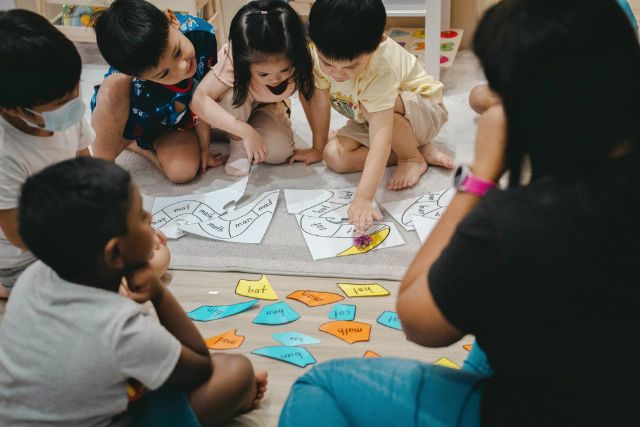













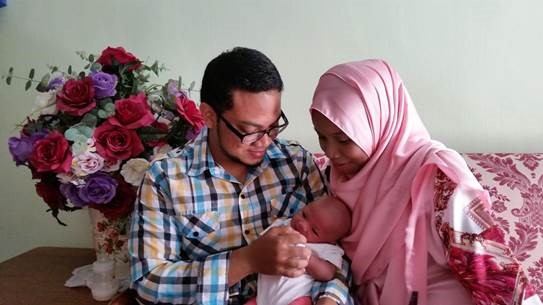






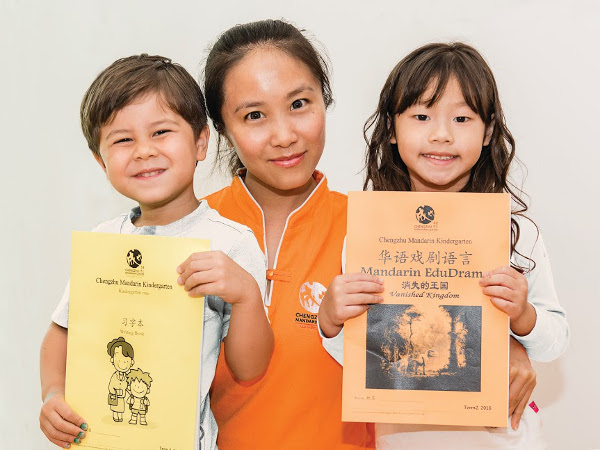
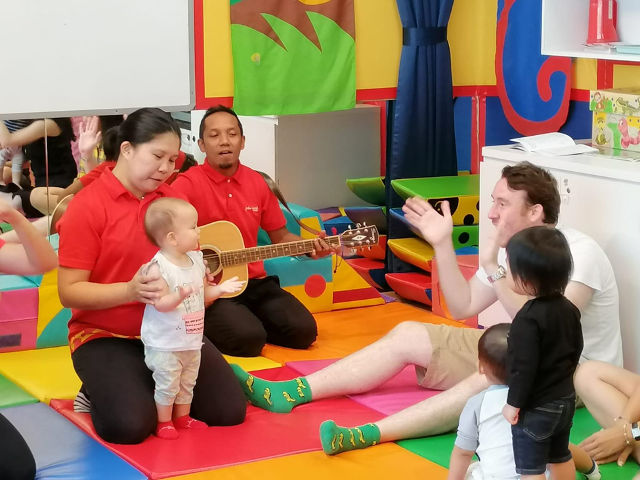
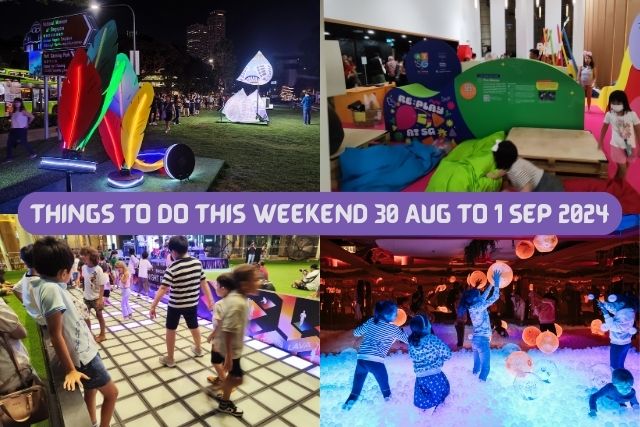








Leave a Comment: